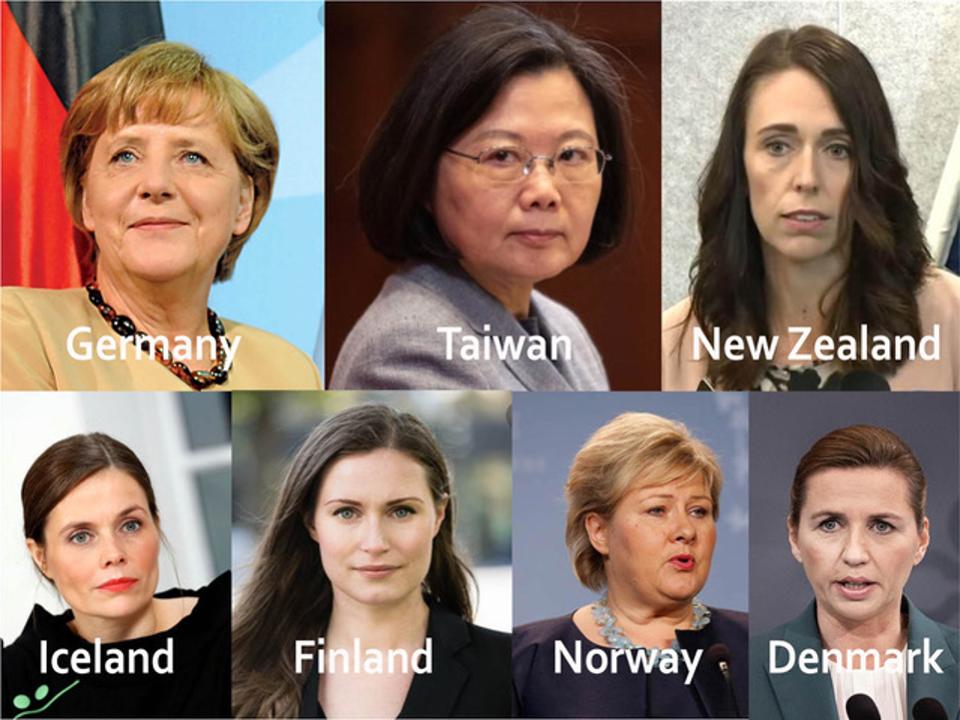TEENAGE PREGNANCY – THE SILENT MENACE
Pregnancy is a biological process indicating the possibility of motherhood. The most common form of conception is through sex whether consensual or not once a female begins to experience ovulation. This means that at any age while still ovulating, a female can be pregnant. Pregnancy at an early age is called teenage or adolescent pregnancy. The threshold for teenage pregnancy is 19 years and below counting from the verified date when the pregnancy ends. A female who conceives at 19 then delivers on her 20th birthday or after that day is not considered as teenage pregnancy.

According to World Health Organisation, an estimate of 21 million girls aged 15-19 years in developing regions become pregnant and approximately 12 million of them deliver. In developing countries, there are at least 777,000 births from girls younger than 15 years old. Demographic and Health Survey 2013 estimated that 23 percent of Nigerian girls between ages 15-19 have started the process of child bearing. 17 percent out of the 23 have had their first child and 5 percent are pregnant with the first child.
Adolescents get pregnant or are at the risk of conceiving due to certain factors. Some females experience early puberty. As the physical changes begin to occur, the desire to explore these changes become more intense as a result of peer pressure or information, videos and images relating to sex from the media. The girls are overwhelmed by this desire and succumb to engaging in sexual activities without knowledge or access to contraceptives. The repercussion may be pregnancy.
In the African society, some cultures encourage young females to get pregnant out of wedlock and birth the children for the fathers/family. This traditional practice is allowed in situations where the girls’ family wants a male child and sees her as an only option to providing one, the girl is the only child, or the girls’ father died leaving few children. A healthy man from an illustrious family is chosen by the girls’ family to impregnate her. The birth of the child is celebrated as a gift from the God of fertility to expand the family’s lineage.
Some adolescent mothers are victims of non-consensual traumatizing sexual encounters that lead to pregnancy. These girls may be in abusive relationships, molested through coercion, deception, assault, raped, and threats is an unpleasant mode of conception. The law does not consider a minor (below 18) eligible to consent to any form of sexual behavior because it is believed that the minor is deficient in making informed decisions concerning sex. Hence, any act of sex before the age of 18 is considered child molestation.
Poverty is an underlying risk factor of teenage pregnancy. It makes the girls more vulnerable to predators and sexual abusers. Poverty denies the adolescents’ access to basic personal needs such as food, shelter and clothing, and this forces these females to lose their sense of dignity and they are easily enticed by those who provide or promise to provide these basic needs.
Pregnancy at an early age comes with catastrophic consequences for both the mother and the baby. For the mothers, that might be the end to education due to stigma, lack of support from friends and family and to meet their economic needs while pregnant. The girls may never go back to school. A lot of pregnant teenagers and mothers live in poverty because they have no educational qualifications to get jobs and earn a dignified income. For the children who are products of teenage pregnancies, the lack of social support and affection may convert them to juvenile delinquents.
Comprehensive sex education should be taught in schools and even introduced in the curriculum in schools where it is not taught. Male involvement is also crucial in the protective and preventive process of teenage pregnancy. The government should develop public policies that are culturally relevant and will be accepted and practiced by various cultures relating to teenage pregnancy. Education is one of the effective keys to combating teenage pregnancy because it empowers the teenagers and exposes them to more information. Free education should be implemented and support groups should be organized for proper counselling when needed. Preventing teenage pregnancies and supporting pregnant teenagers is the desired target.
Speak Wednesday is an initiative of Centre for Family Health Initiative to stop the cycle of domestic violence by breaking the silence around gender based violence. Join us every Wednesday on all our social media handles for more episodes.


